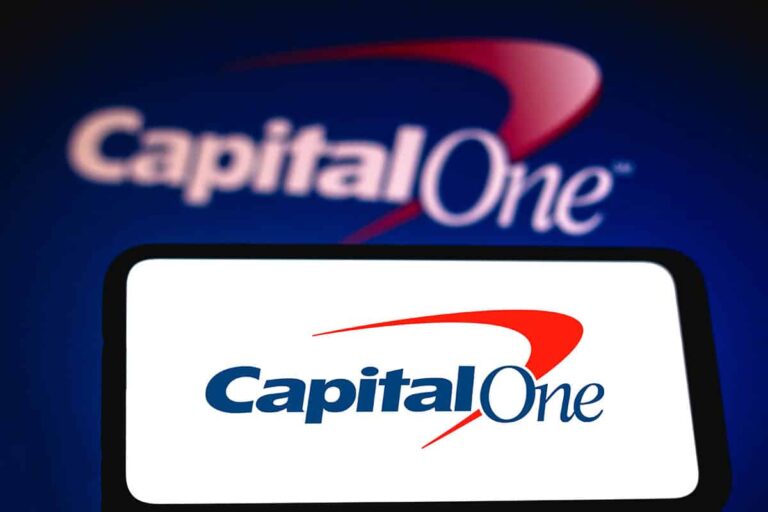Capital One is the latest foreign bank to enter Mexico’s financial sector, but it is unlikely to compete directly with BBVA or Banco Santander, as its initial hiring suggests it is focused on developing technology products for the North American market.
Mexican banking regulations mean financial institutions must wait a significant amount of time for supervisory checks to be completed. Currently, at least five foreign banks (Banco Plata, Banco Masari, Banco Ion, Confio and Nu Mexico) are waiting to obtain banking licenses. British unicorn Revolut only recently passed its final exam.
Capital One aims to hire 1,500 Mexican nationals or permanent residents over the next three years, starting with DevOps and human resources. Specifically, it is looking for creative professionals in technology, financial regulation and software development. The high demand for these talent has led the bank to decide to create a startup environment.
According to El Financiero reporter Jonathan Luis Torre, Capital One left no stone unturned in its search for the right employee: “Their representatives visited a speakeasy in the Juarez district, a legal but provocatively dark bar that hinted at an air of secrecy from the days when whiskey was prohibited in the United States,” he wrote.
Participants in those informal discussions made clear they wanted full end-to-end ownership control of technology products and services for customers around the world. The tech center would likely be led by Judith González, vice president of technology for Capital One in Mexico.
Some observers have suggested this is a move to cut costs or boost staffing, while others say the bank needs to differentiate itself in a saturated market such as credit cards, where there are more than 4,000 issuers.
If Mexico’s nearshoring boom materializes, it is expected to attract $30 billion to $40 billion in foreign direct investment alone, positioning Capital One to take advantage of the “super peso” phenomenon. Capital One will become the sixth-largest U.S. bank after completing its $35 billion acquisition of Discover Financial Services, announced in February.

